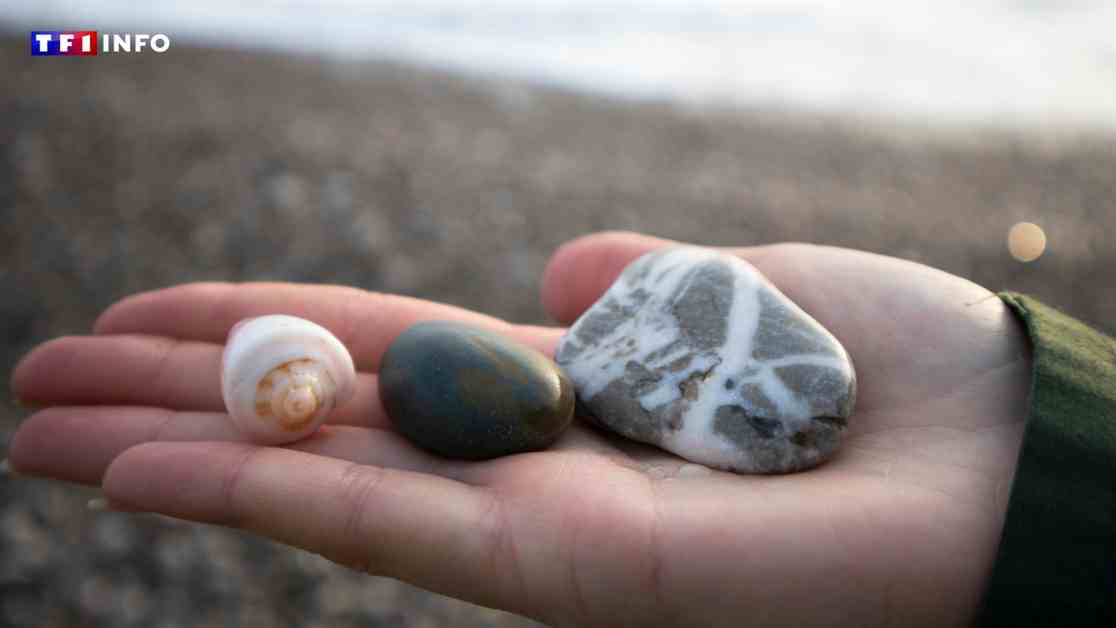Ces objets ramassés sur la plage peuvent vous coûter cher | Exclusive News
In today’s society, many individuals enjoy collecting shells, sand, and stones from the beach as souvenirs. However, this innocent act can have severe consequences for the coastal ecosystem. The entire coastal ecosystem is protected by the Environmental Code, which imposes rules and quantity limits on collecting items from the beach. Some resources are completely off-limits, and individuals who violate these regulations may face fines.
It is essential to understand what can and cannot be collected from the beach. While it may seem harmless to pick up a seashell or scoop up some sand, Article L.321-8 of the Environmental Code stipulates that extractions of materials are restricted or prohibited if they pose a risk to the integrity of beaches, coastal dunes, cliffs, or marshes. Collecting large quantities of these resources is prohibited, and in some cases, entirely forbidden. However, there is no official regulation regarding the collection of driftwood found on the beach, as it is part of the « wrack line, » elements of living origin and debris deposited on the shores by waves and tides.
When it comes to collecting frosted glass, it is permitted as it contributes to the cleanliness of the beach. The regulations surrounding mollusks vary by department, with collection being regulated for both health and environmental reasons. It is advisable to consult the local municipality before embarking on a collection expedition.
On the other hand, there are resources that cannot be collected from the beach under any circumstances. Sand, for instance, is strictly off-limits due to its impact on the maritime public domain, which weakens coastlines. Collecting sand in small volumes may be tolerated, but individuals who take unreasonable amounts may face fines of up to 1,500 euros. The same rule applies to empty shells and pebbles, as they play a crucial role in protecting fauna and flora from waves and erosion.
Moreover, coastal flowers, which only grow by the sea, are classified and protected. It is prohibited to pick them, with fines reaching up to 150,000 euros for « damage to the conservation of uncultivated plant species. » These penalties aim to educate beach users and promote responsible behavior towards the environment.
In conclusion, while collecting items from the beach may seem harmless, it is essential to be aware of the regulations in place to protect the coastal ecosystem. By understanding what can and cannot be collected, individuals can contribute to preserving the beauty and biodiversity of our beaches.




